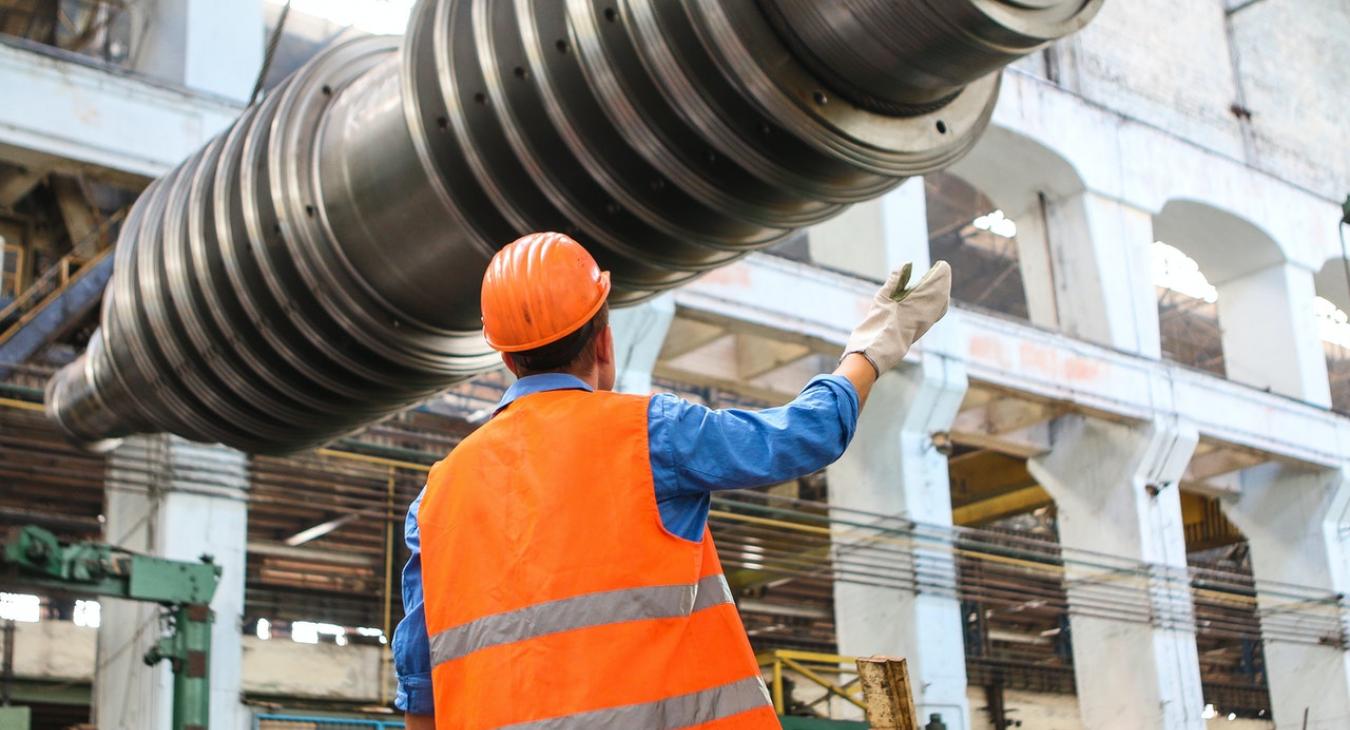Ireland urgently needs to establish a "major and robust" investment vehicle capable of initiating major projects and generating significant numbers of new jobs, if genuine recovery is to gain a foothold, Congress General Secretary David Begg told a major conference today.
"In the short-term we need jobs and growth, in the long-term we need a wholly new economic and social model."
Addressing delegates at Post-Troika: What Next for Ireland? organised by the European Commission Representation in Ireland, Mr Begg said: "Recovery here is far from certain and remains highly contingent on developments in Europe.
'so in the short-term we should ultilise those levers over which we have control and create an investment vehicle with the capacity to kickstart major infrastructural projects, generate jobs and boost growth.
"In the process, we could seriously enhance national competitiveness by upgrading our skills base and our infrastructure," he said.
But in the longer-term Ireland must adopt a new economic model:
"We must reimagine and rebuild ourselves along the lines of the successful northern European economies – the Nordic Countries – and bring to an end our propensity to plunge into crisis every few decades.
'the Nordics went through crises in the past too, but in the 1950s they overhauled and reinvented their model in a planned manner. They are currently among the most equal societies in the world, with the most competitive economies and have come through the current crisis relatively unscathed.
'the only certainty is that a return to business as usual in Ireland will bring us to the edge of the abyss again, sooner or later."
Mr Begg was also scathing of the policy response to the Eurozone crisis, on the part of EU institutions.
'the ideological obsession with austerity and budget cuts at a senior EU level has done long-term damage to the European Social Model.
'to begin with, their policies facilitated the onset of crisis in 2008 as the market was made king and speculative finance given free reign. And their response to that crisis has simply exacerbated the problem and eviscerated much of the social dimension of the European project.
"In plain language, people were sacrificed to protect high finance.
"What credibility does Europe's social dimension now have, following the activities of the Troika and riots in a number of European capitals.
"I fear we will get the answer to that question in the forthcoming European elections and it is not likely to be pleasant," Mr Begg concluded.

